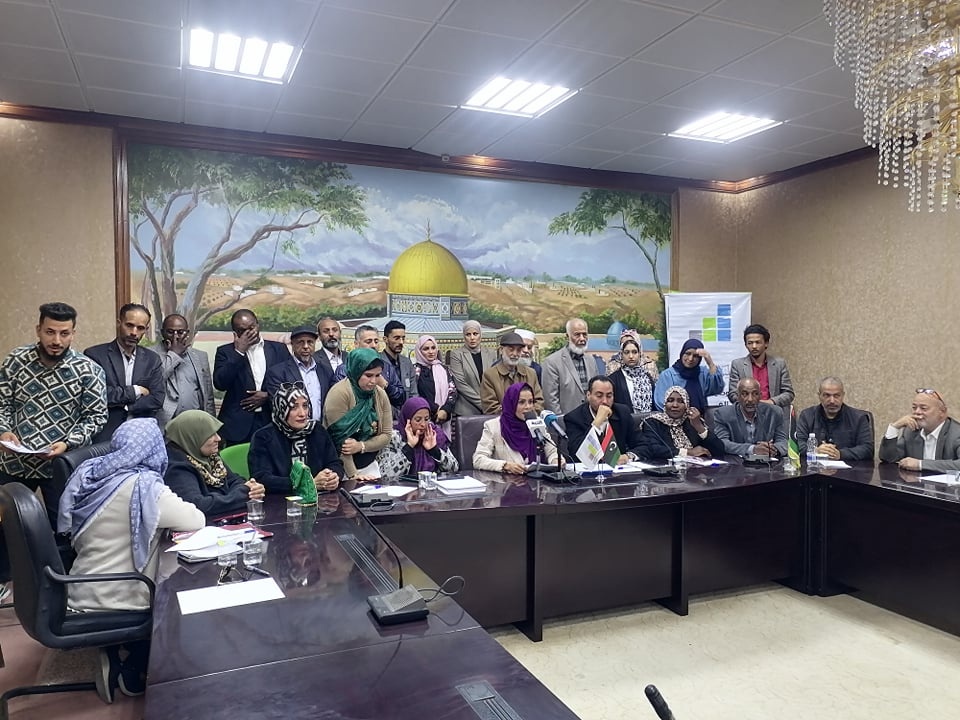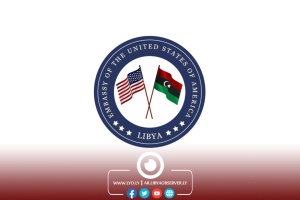Civil society organizations and NGOs in Tripoli have rejected the legal opinion issued by the Law Department of the Supreme Judicial Council, in which it considered them lacking legitimacy.
The NGOs and civil societies said in a statement on Sunday that the reasoning of the Law Department of the Supreme Judicial Council regarding Articles (15) and (34) contained in the temporary constitutional declaration is misplaced and contradicts the outcome of the opinion, adding that the two articles call for ensuring the protection, preservation and promotion of rights and freedoms, especially the guarantees for the formation of civil society organizations and the freedom of their work.
The civil society organizations and NGOs also rejected what they described as abuse, distortion, incitement and betrayal, which constituted a serious setback in the process of protecting rights and freedoms in Libya, calling on the Supreme Judicial Council, as the guarantor and protector of rights and freedoms, to reconsider the opinion because of its violations. They called on the Libyan House of Representatives to pass a law regulating the work of civil society and NGOs in Libya in accordance with the requirements of this period, political changes, and constitutional and legal guarantees protecting rights and freedoms.
The statement was issued, following a meeting held by a number of civil society organizations and NGOs on Sunday in Tripoli, as the head of the Tripoli Civil Society Commission, Entisar Al-Kulaib, told the Libyan News Agency that the meeting had formed work teams to coordinate meetings with the House of Representatives, the United Nations Mission in Libya, and the Law Department of the Supreme Judicial Council to clarify the work of civil society organizations. She added that the opinion of the Supreme Judicial Council was a judgmental opinion and not binding to any party, noting that deciding on the legality of organizations is an inherent right of the Constitutional Chamber of the Supreme Court.
She also pointed out that there are organizations, institutions and civil socieities that are not registered or recognized by the Commission and operate without publicity, saying that those are the ones that must be suspended.




